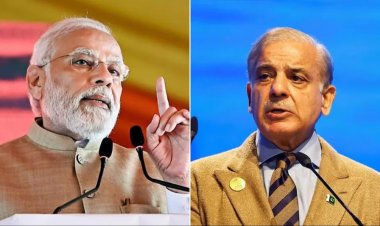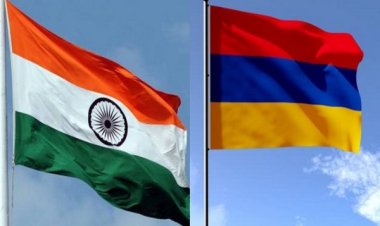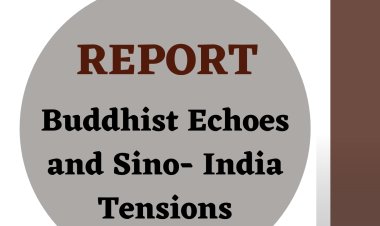Explained: The Five Eyes Alliance

By
In October 2020, five countries namely the United States, The United Kingdom, Canada, Australia and New Zealand which form the 'Five Eyes' intelligence alliance; along with Japan and India demanded a for backdoor access for law enforcement agencies into the 'end-to-end' encrypted apps such as Facebook, Twitter and WhatsApp. The Five Eyes alliance is a 'supranational' intelligence alliance which caught the public eye with Edward Snowden's revelations in 2013, calling it 'unaccountable' to member nations. So, what is this shadowy Five Eyes Alliance, and why is it in the news now?
What is the Five Eyes Alliance Network?
The Five Eyes alliance is a post-World War II intelligence alliance between five allied nations: the US, UK, Australia, Canada, and New Zealand. The origin of the idea could
Unlike other national and inter-state intelligence services, it has no formal staff, nor has any headquarters. It's an informal network linking organizations including the US National Security Agency (NSA), Britain's Government Communications Headquarters (GCHQ), and the Australian Secret Intelligence Service. Its existence was not even publicly acknowledged till the early 2000s.
The primary function of the Five Eyes countries was collecting intelligence from the communist bloc. During the Cold War, the US adopted the policy of containment of the Soviet Union. Hence, intelligence sharing was a crucial part of staying ahead of the communist bloc. Five eyes developed the ECHLEON surveillance system to monitor communications of the Soviet Union, the People's Republic of China, and the Eastern Bloc. However, with the end of the Cold War, Five eyes faced a fresh legitimacy crisis in the absence of the USSR and a unipolar world. Following this, it shifted its focus to citizen surveillance and digital communications. 9/11 gave them a legitimate reason to expand and grow as a crucial link for US national security as global surveillance mounted under the US' Global War on Terror.
The alliance came into the public eye recently in 2013 when Edward Snowden, a former employee of the National Security Agency (NSA) released classified documents and alleged that Five Eyes is a supranational intelligence organization with no accountability to laws of the member nations. The leak showed that data collection and sharing included everyday citizens' communications and political figures like Angela Merkel.
Alliance Interest in Indo Pacific
The US interest in the Indo Pacific has shifted the pivot of Five Eyes towards Asia and China in particular. At a virtual summit held in June 2020, the five-member countries shared their concern on the security implications of COVID-19 and the challenges of the Indo-Pacific region, both of which
The alliance is facing demands to incorporate new members during these unprecedented times. India, Japan, and South Korea
Indian Imperative
As of now, India is not formally part of the alliance. The joint statement on 11th October specified that India
(With inputs from Kartik Asthana, Research Assistant,























